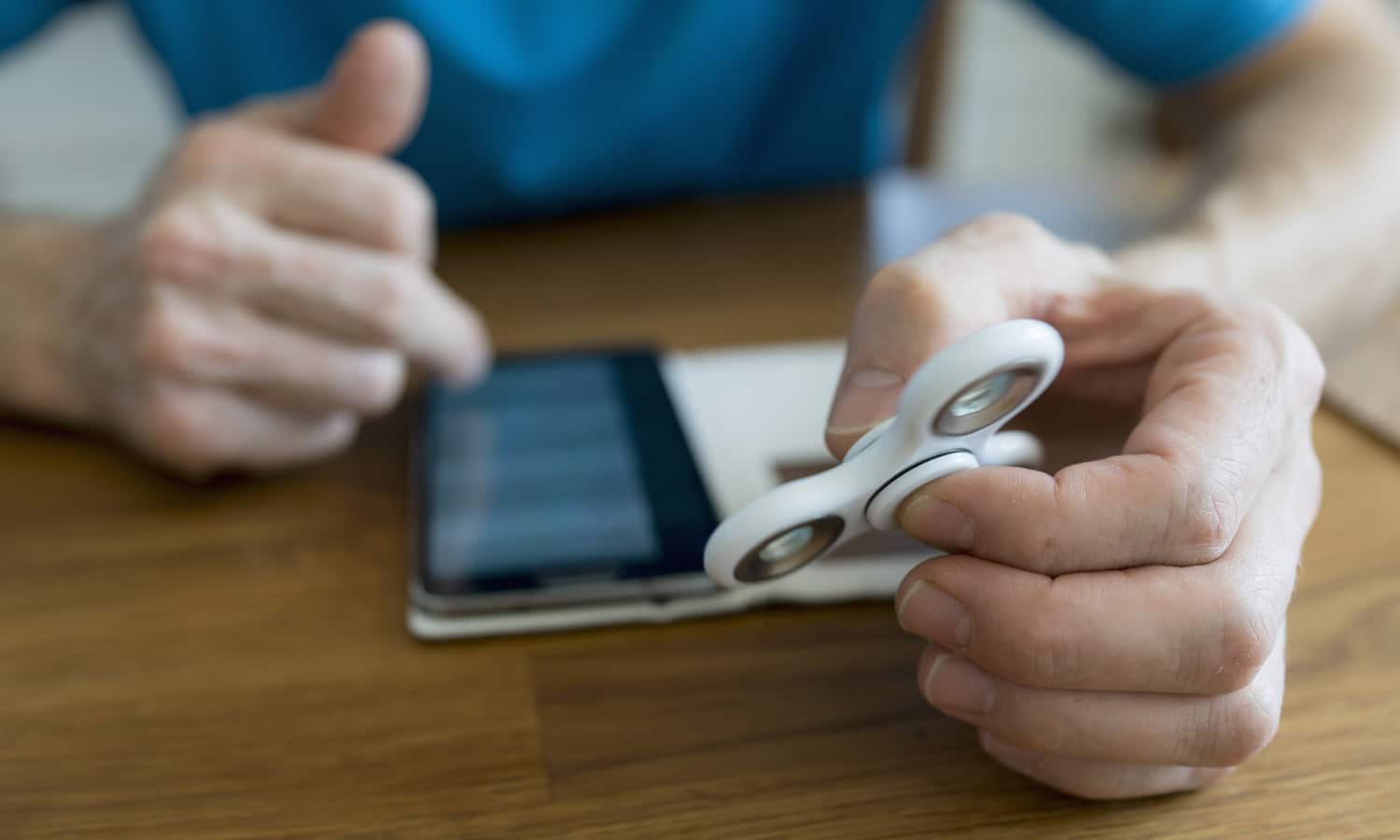Roughly 2.6% (139.8 million) of adults worldwide some form of ADHD. With the Adderall shortage, what are the options?
In October 2022, the US Food and Drug Administration announced a shortage of Adderall. The issue has has not be resolved and now, it seems, it is starting to have a larger effect on patients. South America (11.8%) has highest rate and Japan and Finland the lowest. American about average (7%). The average monthly prescription fill rate was 11% lower in the first half of 2023 than it was in the first half of 2022, and it did not show steady signs of improvement through the end of 2023.
More research needs to be done, but can medical marijuana help during the Adderall Shortage – or in general? While scientists are still research cannabis and ADHD, there is some early data suggesting cannabis may be a helpful therapy.
RELATED: Science Says Medical Marijuana Improves Quality Of Life
Attention deficit hyperactivity disorder (ADHD) is a neurological condition which makes it difficult to focus and can lead to impulsivity and hyperactivity. ADHD is the official medical diagnosis, whereas Attention Deficit Disorder (ADD) is a now-outdated term that describes people with primarily inattentive symptoms.
While those diagnosed with ADHD may encounter trouble in school or work, most have gone on to lead successful lives. While there is no cure for ADHD, there are treatments that can help manage symptoms. Common treatments include medication, therapy, and lifestyle changes.

However, some people do not respond well to medication or cannot tolerate the side effects. As a result, many people turn to natural treatments like cannabis and CBD to treat their ADHD symptoms. Any medical marijuana given to someone under 21 should be discussed with a health care professional as the research is still out and the brain is still developing.
It is worth noting there is some inconclusive evidence suggesting CBD might be used as an adjunctive treatment in schizophrenia, and a few isolated studies show CBD’s efficacy in social anxiety.
Two ways data based ways medical marijuana can help with symptoms of ADHD are sleep issues and reducing anxiety. One of the most common reasons Americans use medical cannabis is to help with insomnia. Most people know what it is like trying to fall asleep when your mind is full of thoughts or concerns. Certain types of cannabis may help turn your busy brain into a blank board, allowing a solid night of sleep.
Another common medical reason is to manage anxiety and stress. But certain strains of cannabis produce the same anxiety symptoms, so you have to be careful about the type of medical cannabis you choose. Stimulating cannabis strains can have a calming effect on people with ADHD symptoms. When consumed responsibly, Sativa cannabis may help calm social anxiety while allowing you to remain focused, alert, and conversational.
If you have been diagnosed with ADHD, have an open, fact based discussion with your health care profession about blending medical marijuana into your treatment.


